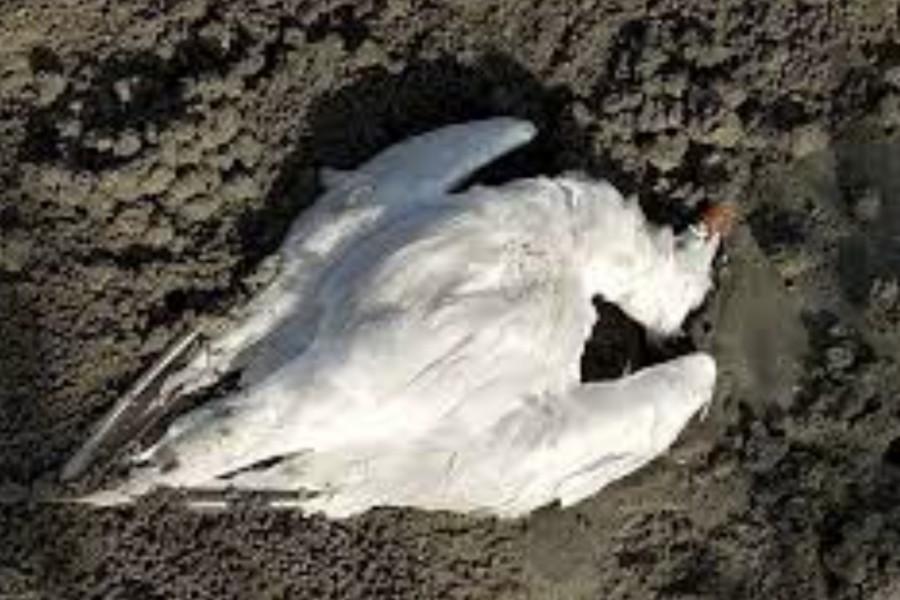The Point The general public is hereby informed that High Pathogenicity Avian influenza (HPAI) type H5N1 has just been confirmed in wild birds in The Gambia. This followed a joint investigation conducted by the Department of Parks and Wild life Management (DPWM) of the Ministry of Environment, Climate Change and Natural Resources and the Department of Livestock Services of the Ministry of Agriculture, following reports of unusual deaths among wild birds in Tanji Bird Reserve.
The samples which were collected during the investigation were sent by the Department of Livestock Services (DLS) to the National veterinary laboratory for Veterinary and livestock research (LNERV) in Dakar, Senegal on the 1st April 2023, and these were found to be positive of HPAI of the type H5N1.
It is worth noting that the disease was also reported in our neighboring country, Senegal in both poultry and wild birds last week.
High Pathogenicity avian Influenza, most commonly known as bird flu, is a serious disease of both domestic birds (poultry) and wild birds (non-poultry) and can also cause disease in humans; that is, it is a zoonotic disease. It has devastating consequences for the poultry industry, farmers’ livelihoods, international trade and the health of wild birds. Avian Influenza is also a major concern for public health as sporadic cases of avian influenza in humans are sometimes identified whenever avian influenza viruses circulate in poultry.
With the current situation, the Department of Livestock Services, the Department of Parks and Wildlife, the Ministry of Health are closely working together to help reduce the infection pressure at the wild bird level while working with other key stakeholders in the strive to prevent the spill over to our poultry which subsequently will pose a more serious threat to public health.
The general public is therefore kindly requested to remain calm and be cooperative with personnel from the above-mentioned institutions (DPWM, DLS, MoH and NDMA). The public is advised to desist from touching any apparently sick and dead wild birds. Instead if found, personnel of the DPWM and DLS should be immediately notified and/or through the contact numbers provided below:
As has already been communicated directly to many of the poultry farmers in the country through the Ministry of Agriculture (DLS) extension system, all poultry famers are advised to heighten their biosecurity measures at their farms to minimise the risk of spreading the disease to our poultry.
The Government through its relevant ministries (Agriculture, Environment and Health) and partners are very much concerned about this latest development and will do everything possible to control the outbreak at the wild bird level as well as prevent the spread to spill over to poultry.
